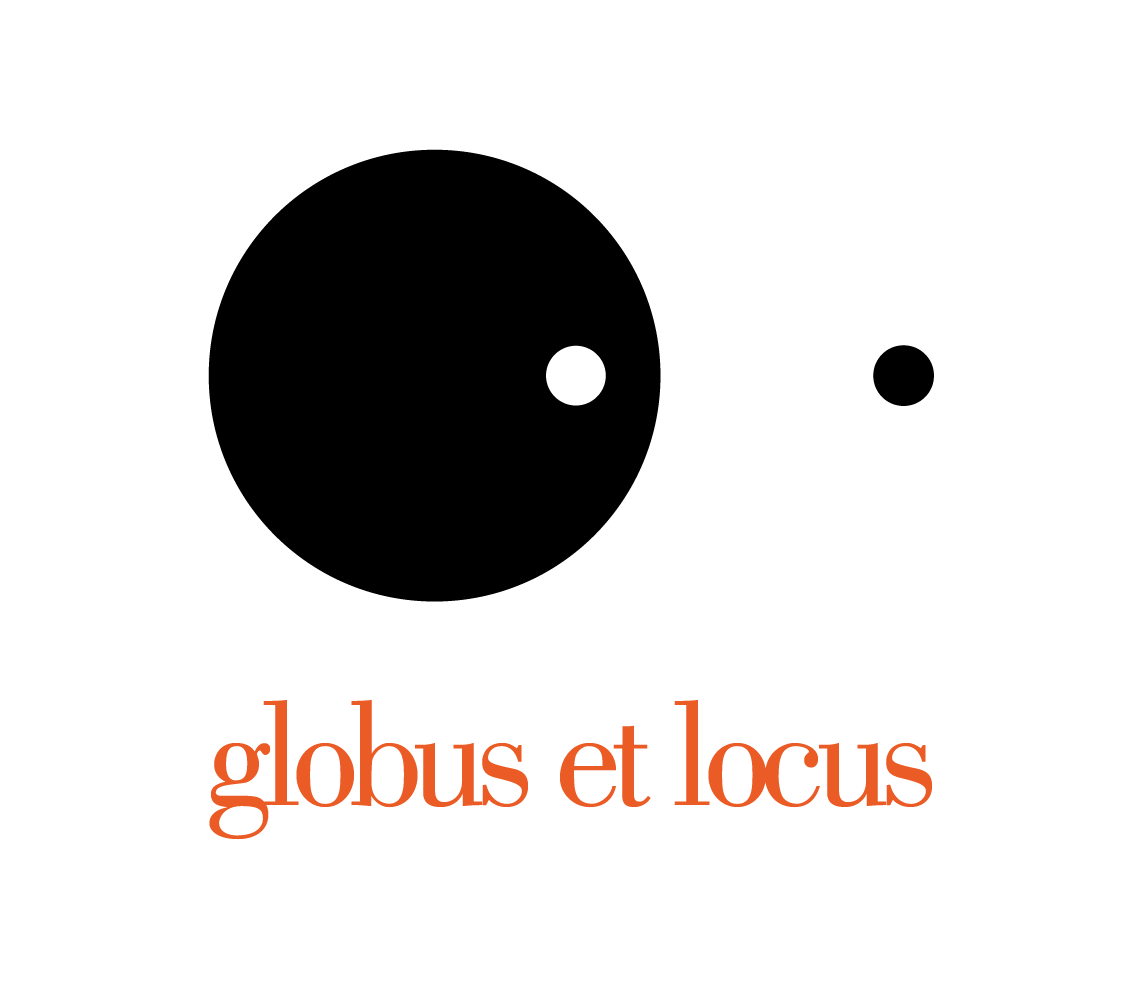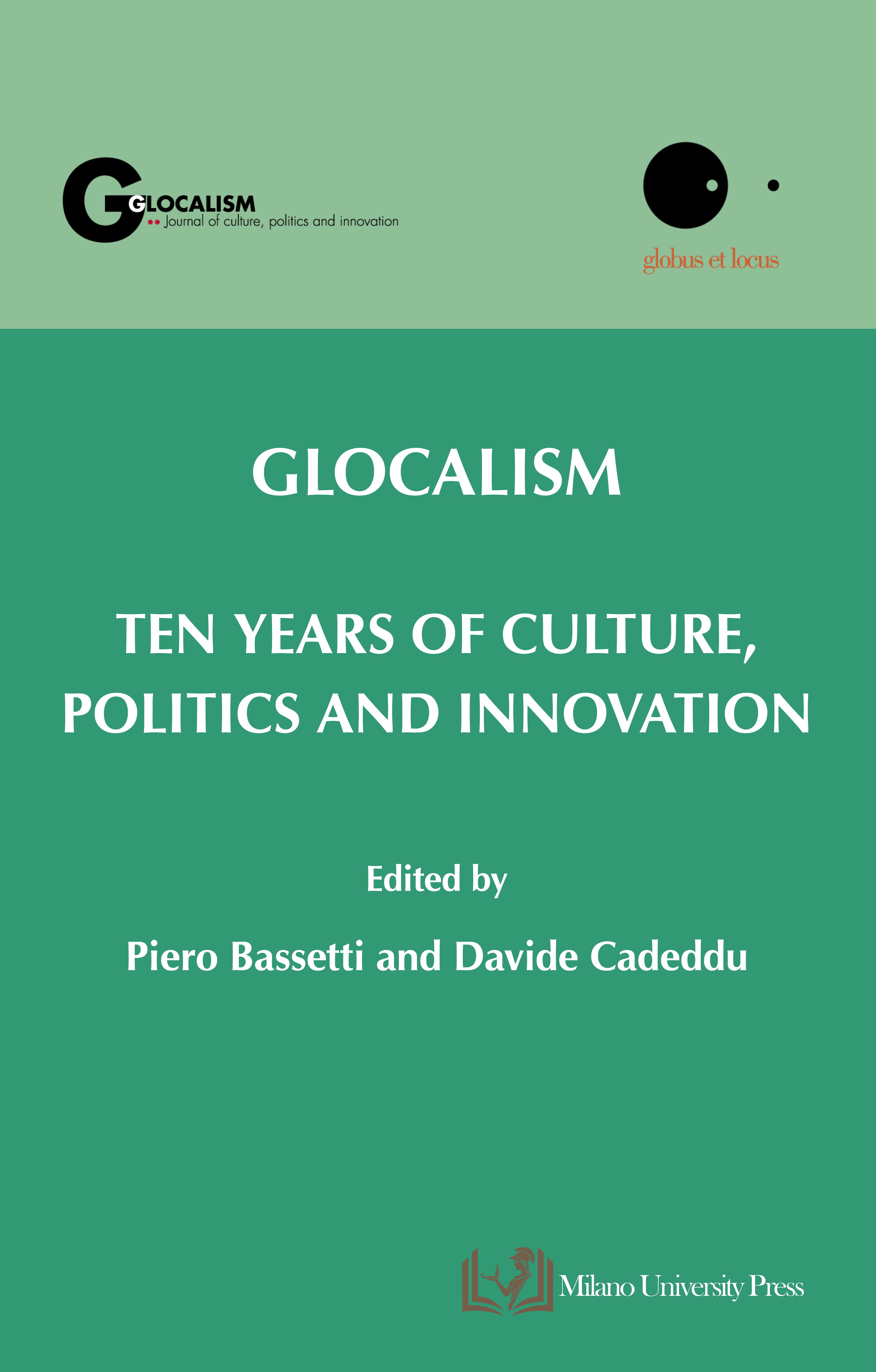Eco-logie in conflitto il «Chipko» da protesta contadina a icona ambientalista
DOI:
https://doi.org/10.12893/gjcpi.2014.1-2.12Keywords:
Social movements, Environment, Agriculture, Gender, Access to resourcesAbstract
The article explores different cultural perceptions of food in relation to the environment. ‘Farmers’ and ‘ecologists’ are often actors of contrasting eco-logics: antithetic visions of the environment, as rural landscape or wilderness, define the right or ban of people to get access to the natural resources as commons in order to produce livelihood.
Taking the Chipko andolan, movement that hugs (for the strategy of hugging trees in order to prevent them from being cut), as focus for my anthropological analysis, I consider the process of cultural transformation of the peasant protest, born in the Indian Himalayas in the 70’s, into an ecologists myth for urban and western audience.
The achieved visibility of Chipko on a global stage has become a translation of the people’s requests for the decentralization of forest management into a conservationist claim to protect trees. Beginning with my fieldwork in Tehri Garhwal (Uttarakhand), I have tried to bring the Chipko back to the Himalayan taskscape (Ingold T. 1992) to the everyday relations of the farmers with an environment which not easy to tame.
On the other hand, I analysed the rhetorical strategies used by some Chipko’s spokesmen and that has allowed the appropriation of the movement by the ecologist imaginary. The ‘local’ and the ‘global’ are at the very heart of what the movement has become; a continuous interaction between the two that has shaped the actuality of Himalayan landscape.

Downloads
Published
How to Cite
Issue
Section
License
Copyright (c) 2014 Federica Riva

This work is licensed under a Creative Commons Attribution-ShareAlike 4.0 International License.











